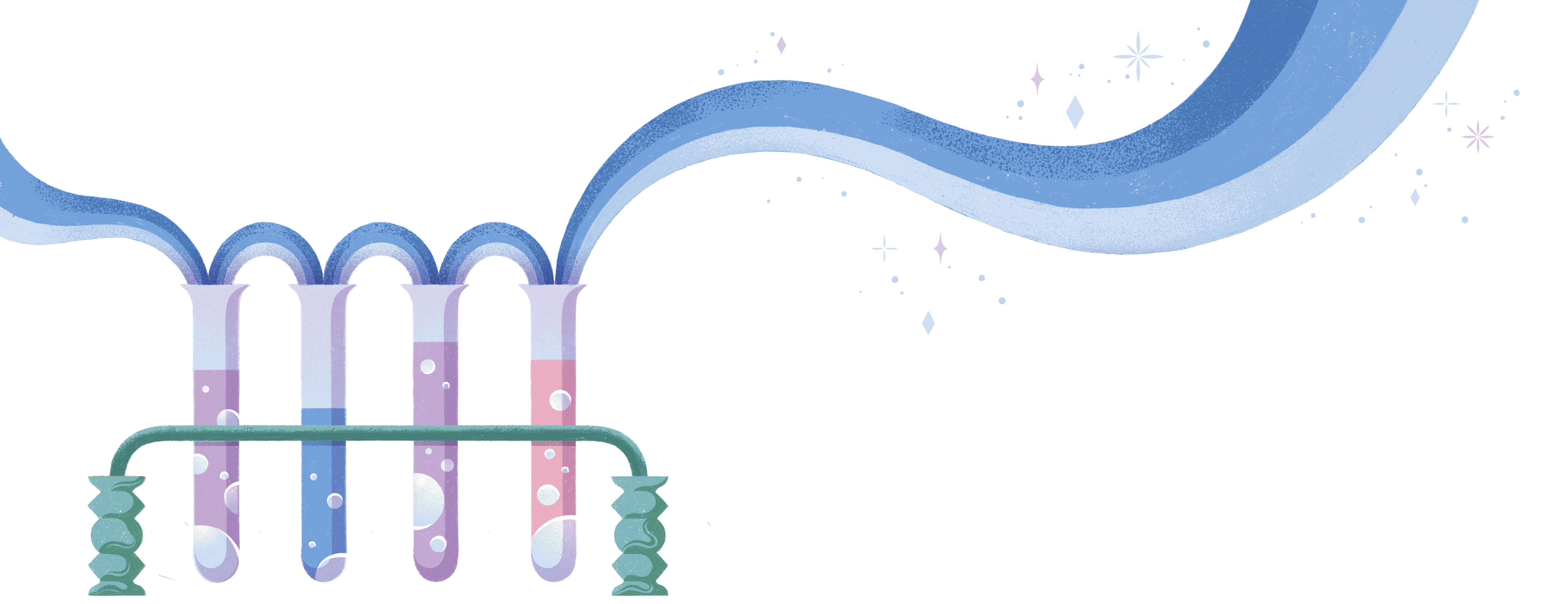Paroxysmal Nocturnal Hemoglobinuria
What is paroxysmal nocturnal hemoglobinuria (PNH)?
Paroxysmal nocturnal hemoglobinuria (PNH) is a rare, genetically acquired, life-threatening disease of the blood where the body’s complement system destroys its red blood cells. The complement system is a part of the immune system that serves to fight infection by destroying pathogens.
What causes PNH?
PNH is caused by a genetic defect in the bone marrow cells responsible for producing red blood cells, resulting in them being attacked by the person’s own complement system.
Red blood cells in healthy people have two proteins, called CD55 and CD59 which are attached to the surface of the cell by a string-like anchor. The function of CD55 and CD59 is to protect the red blood cells from being attacked by the complement system. In people with PNH, due to a defect in the ‘PIGA gene’, they cannot produce the anchor to tether CD55 and CD59 to the red blood cell surface.
Due to the absence of these protective proteins on the cell surface, the PNH red blood cells become more prone to attack by the complement system. As a result, the red blood cells are destroyed (haemolysis) which is the main cause of PNH symptoms and complications.
What are the symptoms and complications of PNH?
PNH is characterized by destruction of red blood cells, causing anemia, fatigue, and other signs and symptoms as shown in the figure below. The release of destroyed red blood cell contents into circulation can also lead to blood clots, which are a major cause of injury and death in people with PNH.
Other complications of PNH include kidney disease and smooth muscle spasms. Some of these symptoms can appear suddenly (paroxysmal). When the complement system destroys the unprotected RBCs, hemoglobin is released, which exits the body in the urine (hemoglobinuria). This leads to a dark color of urine in many people with PNH. This symptom is most visible after a night’s sleep, hence, the word ‘nocturnal’ or ‘N’ in PNH.
Who does PNH affect?
The disease normally appears in adulthood and is rare in children. As per the International PNH Registry, a majority of the people with PNH are of white ethnicity with a slight female pre-dominance.
How is PNH treated?
The current treatment options for people with PNH are:
● Complement inhibitors: PNH is currently treated with complement inhibitors, which target certain components of the complement system and reduce the destruction of red blood cells. These treatments are considered to be the preferred therapies or the ‘standard of care’ for PNH. There are three complement inhibitors currently available. These can reduce destruction of red blood cells in many people with PNH. Complement inhibitors can improve the quality of life and life expectancy of a person with PNH but can also hamper the immune system and the ability of the person to fight infections. While complement inhibition is the standard of care in treating PNH, these medicines are not available in most countries and can be very expensive where available.
● Supportive treatment: These are used especially in situations where complement inhibitors are not available. Examples of supportive treatments are:
○ Blood transfusion
○ Iron and folic acid supplementation
○ Steroids
○ Blood thinners/anticoagulants
● Bone marrow transplant: Another option is to replace the patient’s cells in the bone marrow that make red blood cells with healthy ones. This is called bone marrow transplant. However, bone marrow transplant is a high-risk strategy. If successful, it can cure the disease. If it fails it can have severe consequences such as graft-versus-host disease (donated stem cells attack the body), or rejection of the donor stem cells by the body after the transplant.
References
- Hill A, DeZern, AE, Kinoshita, T, et al. Paroxysmal nocturnal hemoglobinuria. Nat Rev Dis Primers 2017;3:17028.
- Murphy KM, Travers, P, Walport, M. The Immune System in Health and Disease. Immunobiology. 7th ed. Garland Science;2007.
- Bektas M, Copley-Merriman, C, Khan, S, et al. Paroxysmal nocturnal hemoglobinuria: patient journey and burden of disease. J Manag Care Spec Pharm 2020;26:S8-S14.
- Nishimura J, Kanakura Y, Ware R, et al. Clinical course and flow cytometric analysis of paroxysmal nocturnal hemoglobinuria in the United States and Japan. Medicine (Baltimore) 2004;83:193-207.
- Hill A, Rother R, Wang X, et al. Effect of eculizumab on haemolysis-associated nitric oxide depletion, dyspnoea, and measures of pulmonary hypertension in patients with paroxysmal nocturnal hemoglobinuria. Br J Haematol 2010;149:414-25.
- Hillmen P, Elebute M, Kelly R, et al. Long-term effect of the complement inhibitor eculizumab on kidney function in patients with paroxysmal nocturnal hemoglobinuria. Am J Hematol 2010;85:553-9.
- Parker C, Omine M, Richards S, et al. Diagnosis and management of paroxysmal nocturnal hemoglobinuria. Blood 2005;106:3699-709.
- Hillmen P, Lewis S, Bessler M, et al. Natural history of paroxysmal nocturnal hemoglobinuria. N Engl J Med 1995;333:1253-8.
- Brodsky R. Paroxysmal nocturnal hemoglobinuria. Blood 2014;124:2804-11.
- Paroxysmal nocturnal hemoglobinuria. Available at 02.Dec.2022
- Harder M, Kuhn N, Schrezenmeier H, et al. Incomplete inhibition by eculizumab: mechanistic evidence for residual C5 activity during strong complement activation. Blood 2017;129:970-980.
- Griffin M, Kelly, R, Pike, A. A review of the treatment landscape in paroxysmal nocturnal hemoglobinuria: where are we now and where are we going?. Therapeutic Advances in Rare Disease 2020;1:
- Griffin M, Munir, T. Management of thrombosis in paroxysmal nocturnal hemoglobinuria: a clinician's guide. Ther Adv Hematol 2017;8:119-126.
- Brodsky R. Stem cell transplantation for paroxysmal nocturnal hemoglobinuria. Haematologica 2010;95:855-6.


